- Home
- slideshows
- miscellaneous
- Automakers are blasting Trump's idea to impose tariffs on imported cars and trucks
Automakers are blasting Trump's idea to impose tariffs on imported cars and trucks
Honda: "Employing Section 232 here could cause 'a weakening of our national economy.'"

BMW: Auto tariffs would lead to "negative effects on investment and employment in the United States."
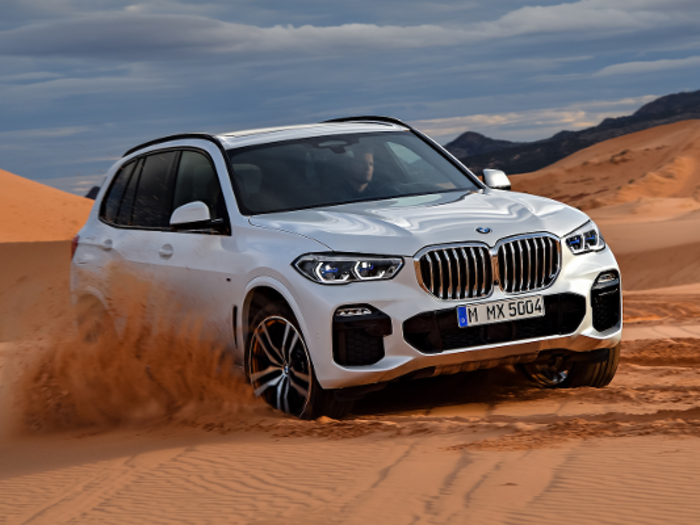
BMW also disputed the potential national security justification and urged the administration to lower trade barriers rather than increase them.
The company also said that the move could lead to layoffs at its plant in South Carolina and other US facilities.
"All off these factors would substantially increase the costs of exporting passenger cars to these markets from the United States and deteriorate the market access for BMW in these jurisdictions, potentially leading to strongly reduced export volumes and negative effects on investment and employment in the United States," BMW's statement said. "Given the very high export share of our US production, this negative impact could also overcompensate any positive effect of forced deeper localization of products supplying the US domestic market."
General Motors: Auto tariffs risk "isolating US businesses like GM from the global market that helps to preserve and grow our strength here at home."
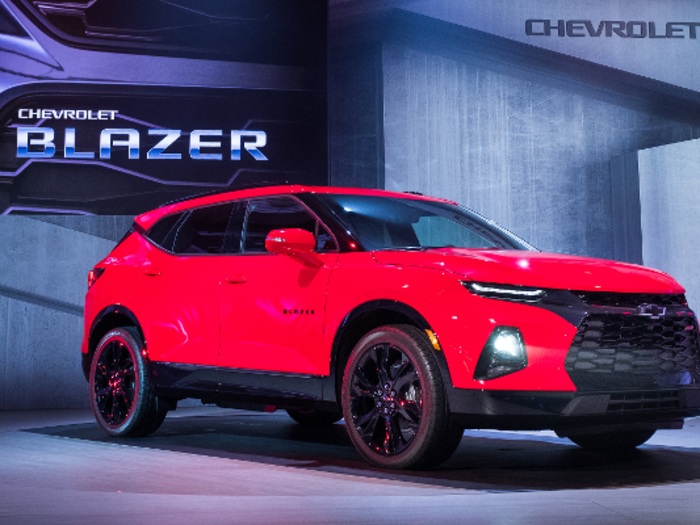
Even though GM is a US-based company, it said the tariffs would still push up costs and hurt business.
"GM suggests prioritizing work with our adjacent trading partners to strengthen US manufacturing and advance implementation of modernized NAFTA and KORUS agreements," GM said. "The overbroad and steep application of import tariffs on our trading partners risks isolating US businesses like GM from the global market that helps to preserve and grow our strength here at home."
Jaguar Land Rover: The tariff investigation "is entangling unwitting companies from ally nations into a web that is catching more than the intended target."
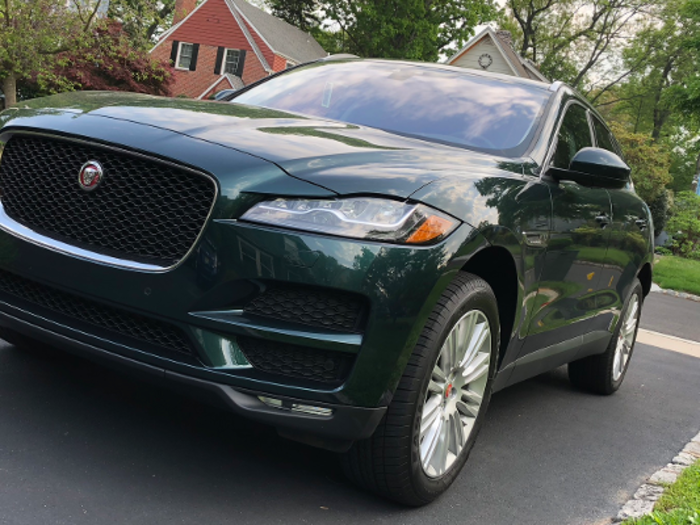
The British automaker said that as a "niche, luxury automobile manufacturer" there is no way their imports are a threat to national security.
"We are not in a position to judge the legality of such a maneuver but we are hopeful that the Administration reconsiders this investigation as it is entangling unwitting companies from ally nations into a web that is catching more than the intended target," JLR said. "A web that will ultimately ensnare countless customers, retailers, and employees to the detriment of the economy across the nation."
Hyundai: "None of the available data regarding the state of the US automotive industry suggests that the industry is in crisis or that imports threaten national security."
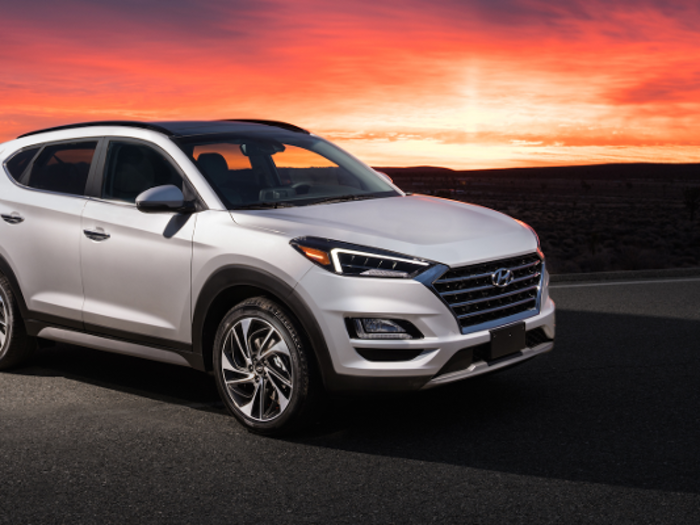
Hyundai, a South Korean company, cited the recent updates to the US-Korea Free Trade Agreement as a key reason the tariffs were unnecessary.
The company also pointed out that half of its cars sold in the US are manufactured in the US.
Kia: "The US automotive industry is not threatened by imports, but rather needs and benefits from imports of automotive goods that sustain the industry."
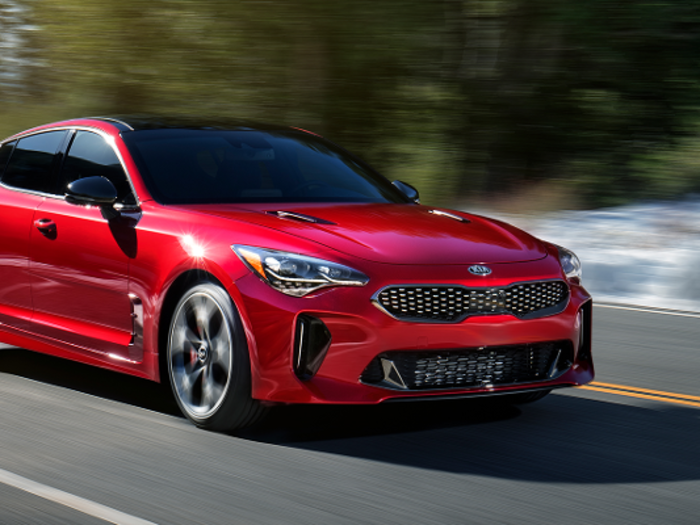
Kia cited its 25,000 American employees as evidence that the South Korean automaker is a net benefit to the US economy rather than a detriment.
Subaru: There's "no rational argument that can be presented" that auto imports weaken US security.
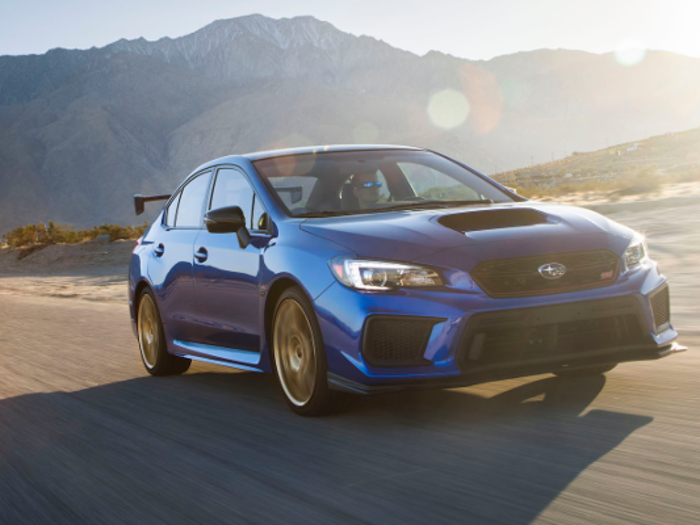
Subaru mostly focused on the positive aspects of the company's contributions to the US including jobs created, charity work, and the resulting economic boost.
"Our belief is that trade in autos and auto parts have consistently strengthened the U.S. economy," Subaru said. "It has added jobs, economic activity, and investments that have been cornerstones in growing the U.S. economy. Given this track record of success, we urge you to find that auto trade strengthens, rather than weakens, U.S. national security."
Toyota: Auto tariffs will "undermine America’s leadership."
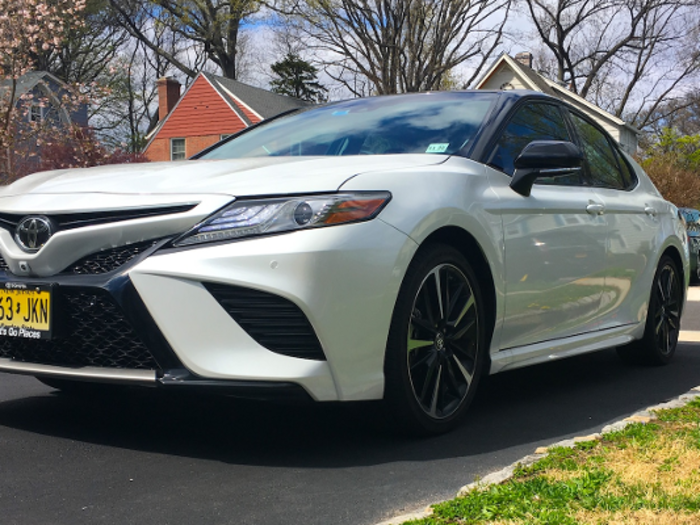
Toyota emphasized its long ties to the American market and significant contribution to American employment.
"Over the next 60 years, just three generations, Toyota has become the company equivalent of the American 'rags to riches' story," the statement said. "From humble beginnings, Toyota has blossomed into a major U.S. employer and contributor to the manufacturing might of America, and become inextricably entwined in the cultural and economic fabric of the country."
The company also warned that the cost of its cars would rise significantly due to the tariffs, which could harm consumers and its business.
"Free and fair trade is the best way to create sustained growth for the auto industry, employment opportunities for American workers and provide more choice and greater value for American consumers," Toyota said. "Erecting trade barriers, like import tariffs, will ultimately invite retaliation from other nations and undermine America’s leadership, exports and competitiveness overseas."
Volvo: Auto tariffs would "ultimately harm US economic security and thus weaken national security."
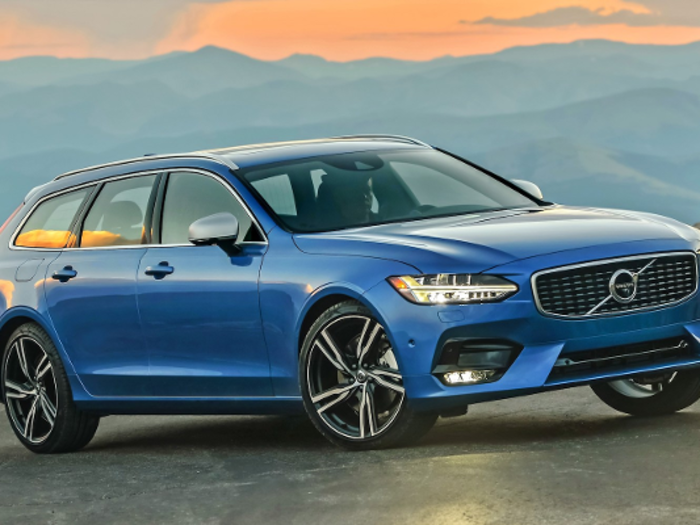
Volvo is nearing the opening of a new South Carolina-based plant and warned that many of the jobs there are export dependent.
"Thus, half of the 4,000 direct jobs at the factory that we aim to create are related to exports and if we cannot trade freely, those US jobs may not be created at all," Volvo said.
American Automotive Policy Council (which represents Ford, Chrysler, and GM): Auto tariffs "will undermine the enormous economic contributions the U.S. auto sector makes to our economy."
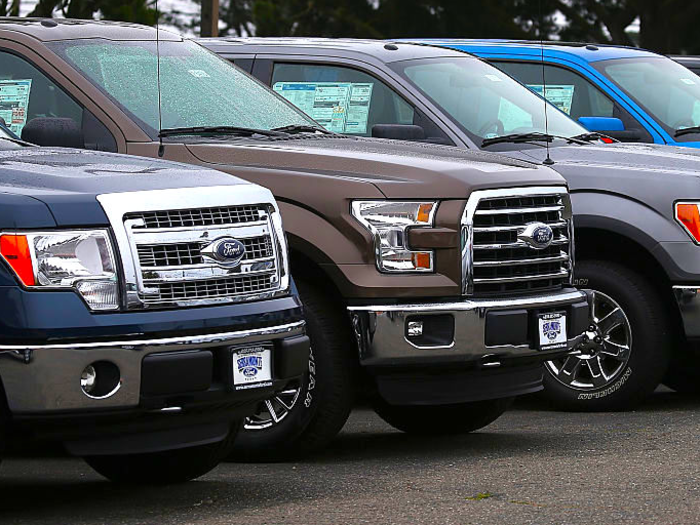
The AAPC, which represents the "Big Three" US automakers, said in its statement that consumers would face a combined $90 billion in additional costs if a 25% tariff were to go into effect.
"“Imposing tariffs will increase costs for consumers, lessen consumer choice, lower consumer demand, reduce car and light truck production and sales, lower investment levels, and lead to job losses in the US auto sector," the AAPC said.
Automakers are blasting Trump's idea to impose tariffs on imported cars and trucks

Popular Right Now
Popular Keywords
Advertisement